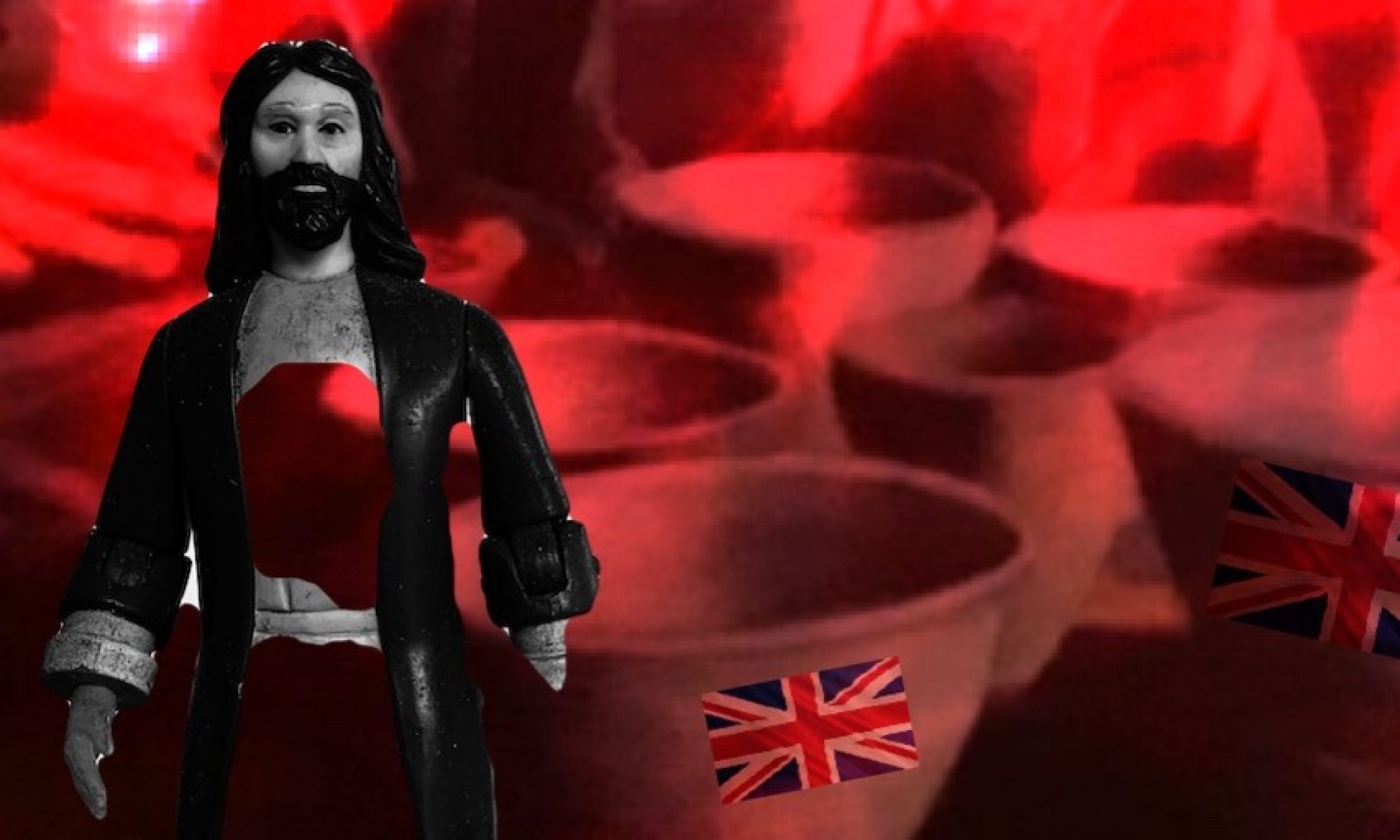Ever since Samuel Johnson first put pen to paper, dictionaries have been one of the great bastions of the English language, there to help people in all walks of linguistic life.
Obviously modern dictionaries have come a long way since Johnson’s time, innit. Language is continually evolving, and there are many words in today’s dictionaries that Dr Johnson would marvel at, and probably define with the sentence “of this word I know not the meaning” in much the same way as his famous dictionary entry on the word trolmydames, which is underlined in red as I type this and in all conscience I can’t blame the computer!
But as well as being added to, words can occasionally be taken away, and one word I used in the preceding paragraph is going to be removed before too long, namely “conscience”. Other similar words like ethics and morals are also getting the chop, it has been reported.
There are alternative courses of action currently available to lexicographers, and indeed they are considering redefining such words as “those public-spirited characteristics of virtue that separate human beings from politicians”.
The reason for this is obvious. As MPs voted to curtail human rights with the anti-protest bill, the word is clearly alien to them. The prime minister himself, who shares his surname with the first dictionary compiler, has repeatedly stared blankly when asked questions that refer to that quantity and asked for a definition.
Conscience is evidently this Johnson’s version of trolmydames, which, for those of you who are curious, was an indoor bowling game (also spelled trollmydames or troll-my-dames).
Of course, if Johnson is planning on removing from the dictionary all the words he doesn’t understand, then the compilers will be able to print the next volume on a single sheet of paper.


